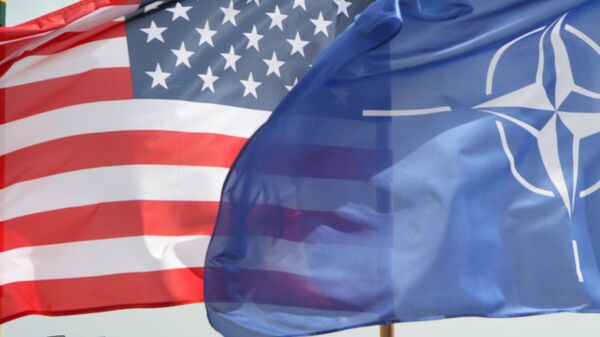"[T]he President… is authorized - (1) to make direct loans under section 23 of the Arms Export Control Act (22 U.S.C. 2763) to member countries of the North Atlantic Treaty Organization (NATO) that joined after March 1, 1999… and (2) to charge fees for such loans under paragraph (1), which shall be collected from borrowers in accordance with section 502(7) of the Congressional Budget Act of 1974, and which may be used to cover the costs of such loans as defined in section 502 of the Congressional Budget Act of 1974", the bill said.
The bill explained that some NATO member states continue to use Soviet-era military equipment that is outdated and unable to effectively integrate and operate jointly with US military forces, thereby decreasing NATO's combat effectiveness and placing additional strain on the US military.
"Some NATO allies are compelled to buy spare parts and services from Russian providers to keep their Soviet-designed equipment functional. These NATO allies desire to operate modern Western military equipment, but have limited financial resources available to purchase expensive new equipment", the bill said.
The US does provide some military equipment to NATO allies through the foreign military financing program and other grant assistance, but that assistance is insufficient to meet the needs of allies, the bill said.
To supplement existing grant assistance, providing foreign military financing loans to allies - at competitive commercial market rates - is necessary to purchase NATO interoperable military equipment and support the allies’ modernization requirements, the bill added.
Loans received by the countries must be repaid within 12 years, according to the bill.

